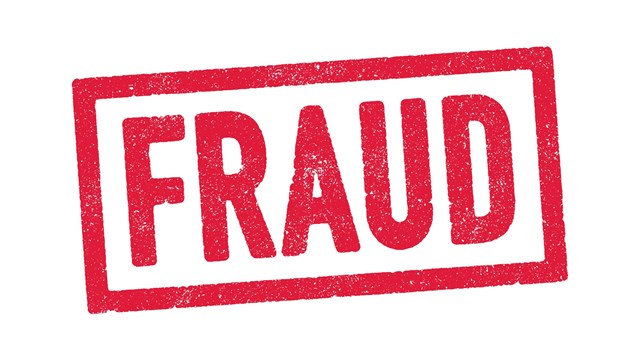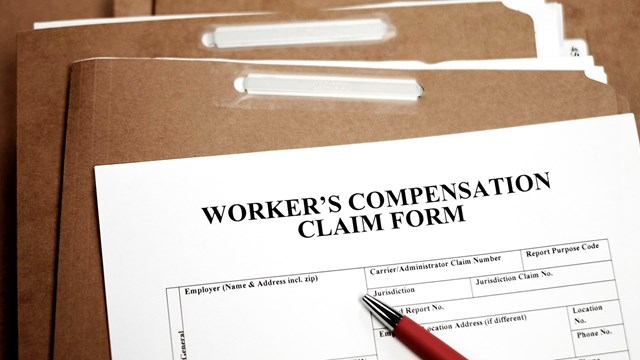Q. We recently had to vote to remove our board president from his position, because he was taking small amounts of funds on a regular basis. He said it was all ‘petty cash reimbursements,’ but he never told the board or treasurer about many of them—he just withdrew the funds. Our new treasurer happened to notice these as he was going through bank statements.
The problem is that this man is still on the board, running around to shareholders and telling them that he was ‘demoted’ without reason. We have many papers to prove this is not true. He is getting the residents very agitated, having them believe that the new board members are going to destroy the co-op. He is also calling the management company as often as eight times a day, complaining to them that he was overthrown without cause.
We have several questions:
He is lying to shareholders and harassing them and members of the management company. His behavior is very erratic. How can we remove him from the board altogether?
This man has said that nobody but the treasurer is entitled to know what the president uses petty cash for. Is this true? (Regardless, the former treasurer only knew about a very small portion of the president’s ‘reimbursements.’)
The shareholders are looking for explanations of what’s going on. Are we allowed to show them copies of the petty cash withdrawals so that they can know the truth? We don’t want to get sued, but we want the residents to know what’s been going on before our annual elections in the fall.
—Seems Sketchy
A. Attorney Qing Angie Lin of Lasser Law Group in New York City answers:
“1. Generally, there are two different standards to consider when trying to remove an officer from the board of directors in a cooperative, such as the president: (1) removal of the individual person as an officer; and (2) removal of the individual as a member of the board of directors. If a cooperative’s certificate of incorporation or its bylaws are silent on these issues, then the default rules pursuant to NY Business Corporation Law (BCL) are as follows: (1) an officer may be removed by a vote of the board of directors with or without cause; and (2) a director may be removed by a vote of the shareholders for cause. Language in most cooperative bylaws tracks the language of the BCL, but typically provides that shareholders can remove directors with or without cause.
“Therefore, in order to remove the president as an officer and a member of the board of directors, it would generally require a majority vote of the board of directors to remove him as president and a majority vote of the shareholders to remove him from the board of directors. Before holding a special meeting of the shareholders to remove the president, the board might consider requesting that the president voluntarily resign as an officer and director.
“2. New York case law provides that corporate directors have an absolute and unqualified right to inspect corporate books and records.
“3. We recommend that the board members first try to resolve the matter internally and carefully review the petty cash records. If the records reveal that the president was using the money for personal gain, then the board can potentially file a lawsuit against the president for conversion and breach of fiduciary duty. We recommend that the board first try to convince the president to make restitution, resign, and not seek re-election.
“If the president insists on discussing this matter with other shareholders, the other directors can present any factually accurate information and documents to refute the president’s statements, which will bar any liability for libel or slander claims.”










Leave a Comment